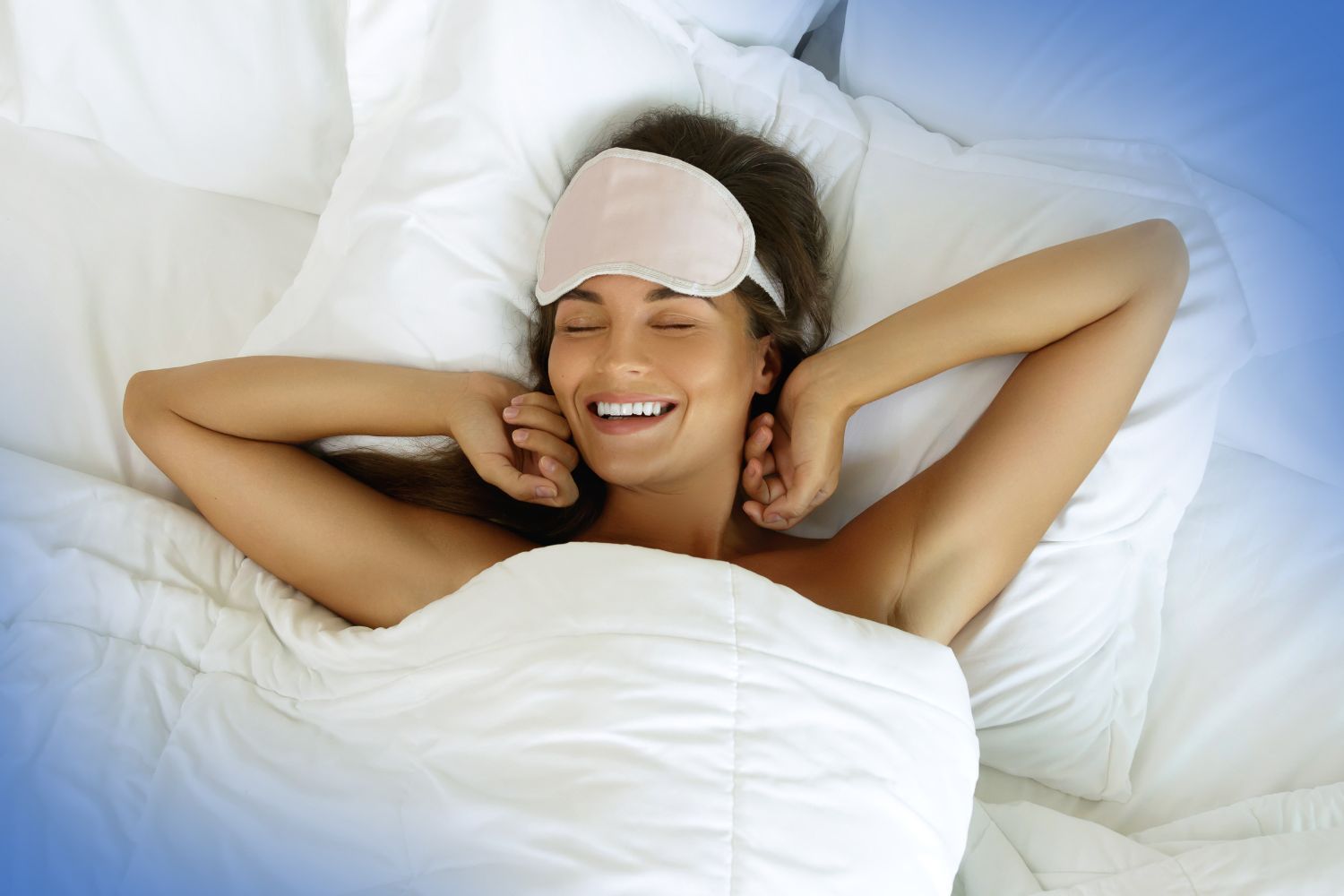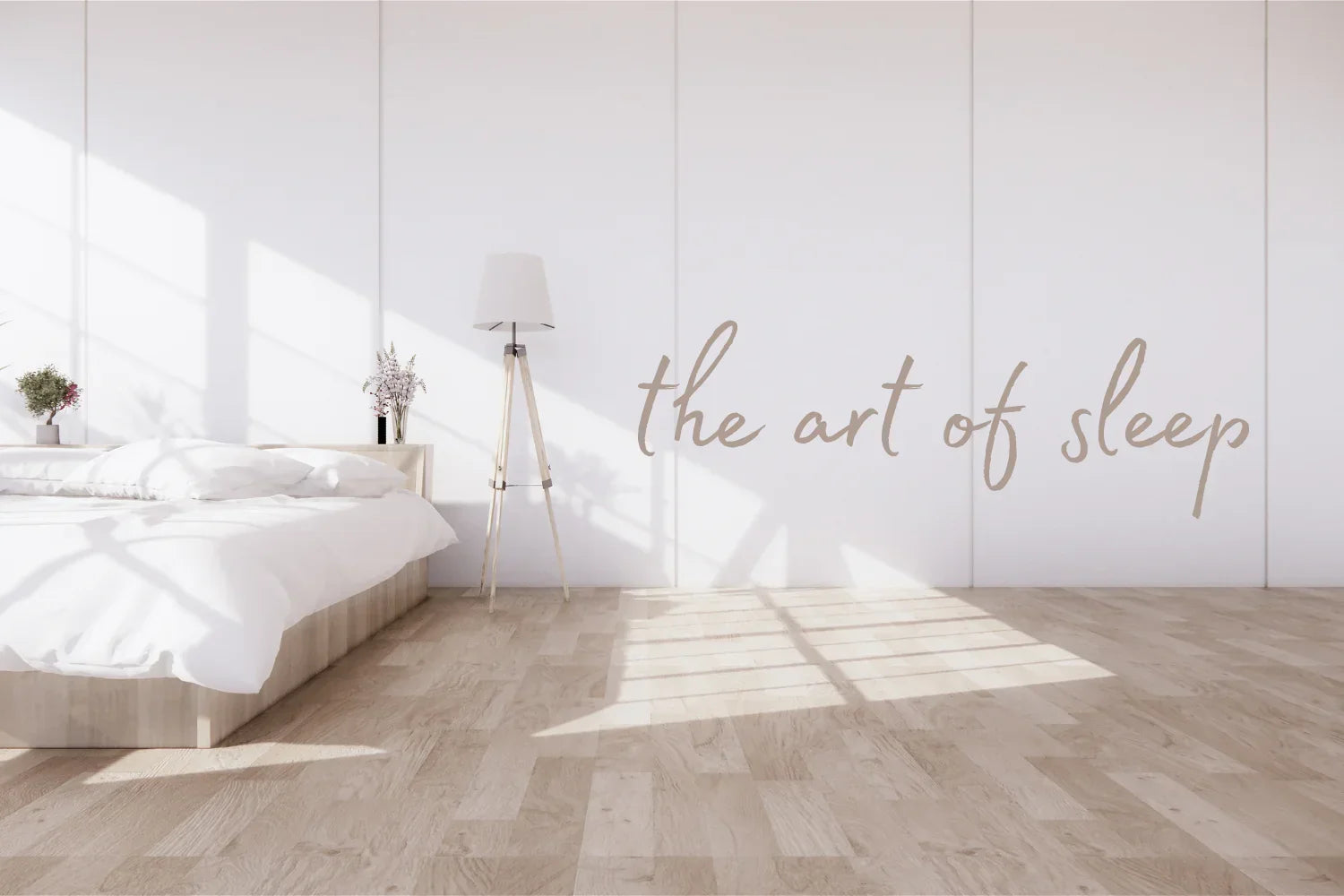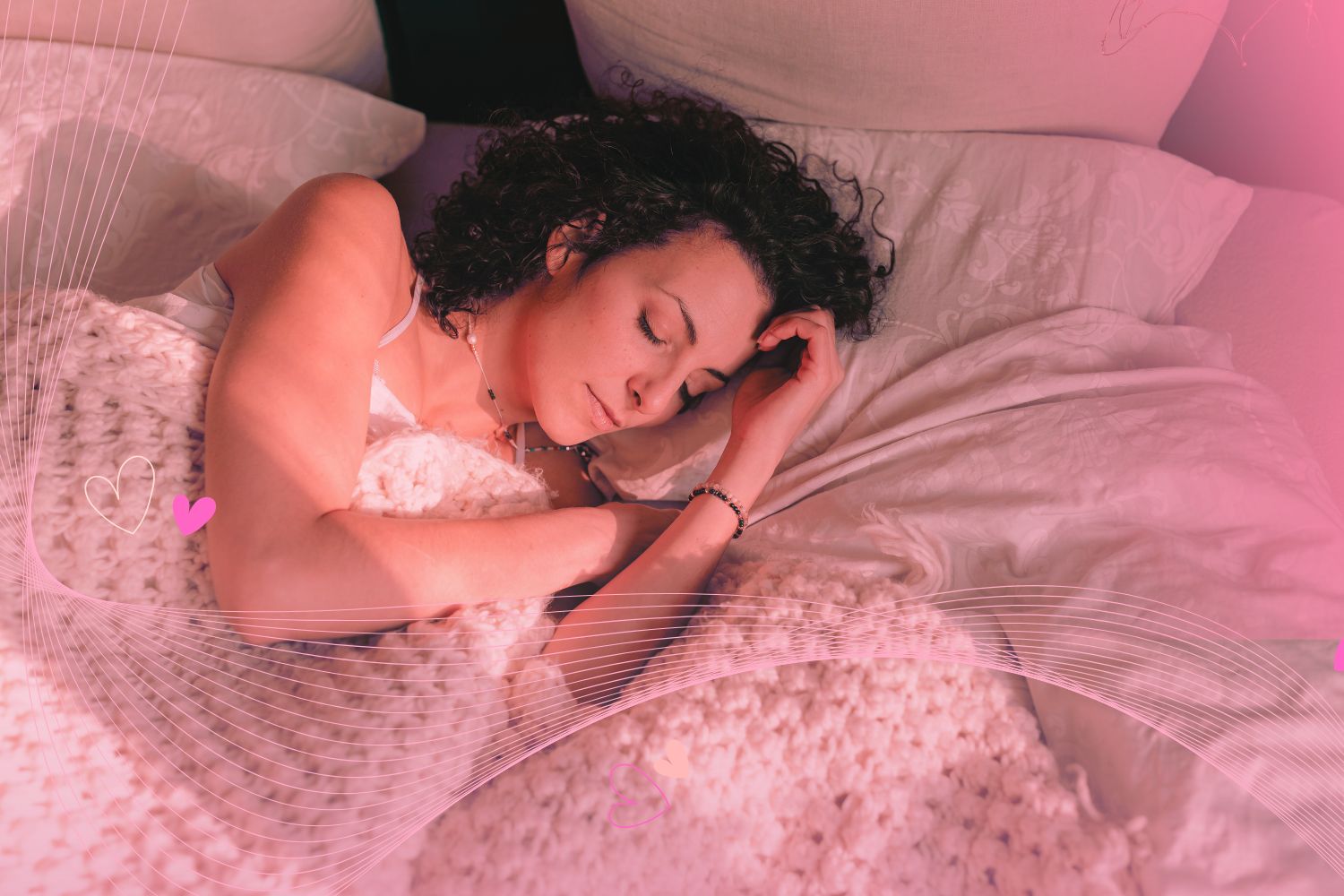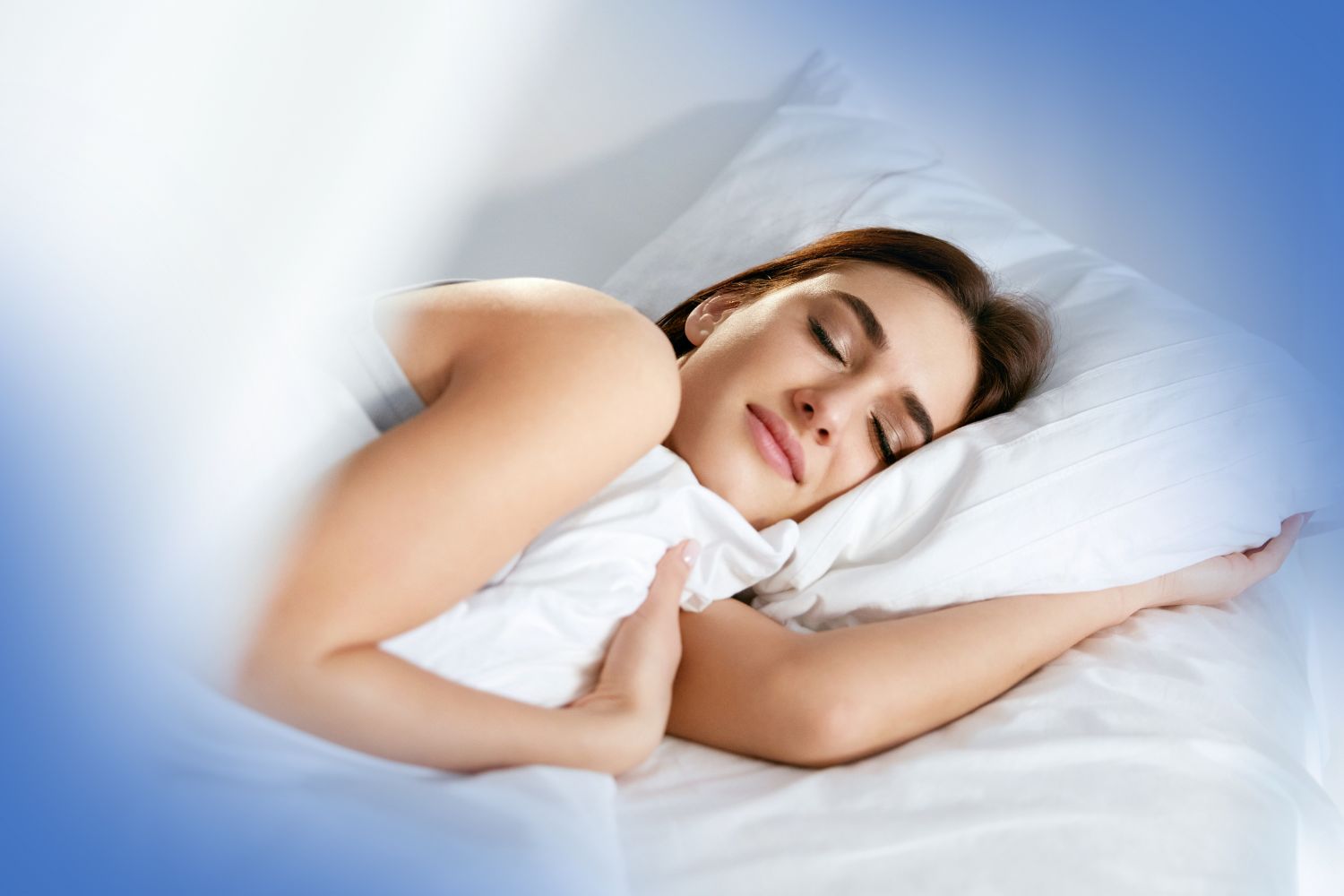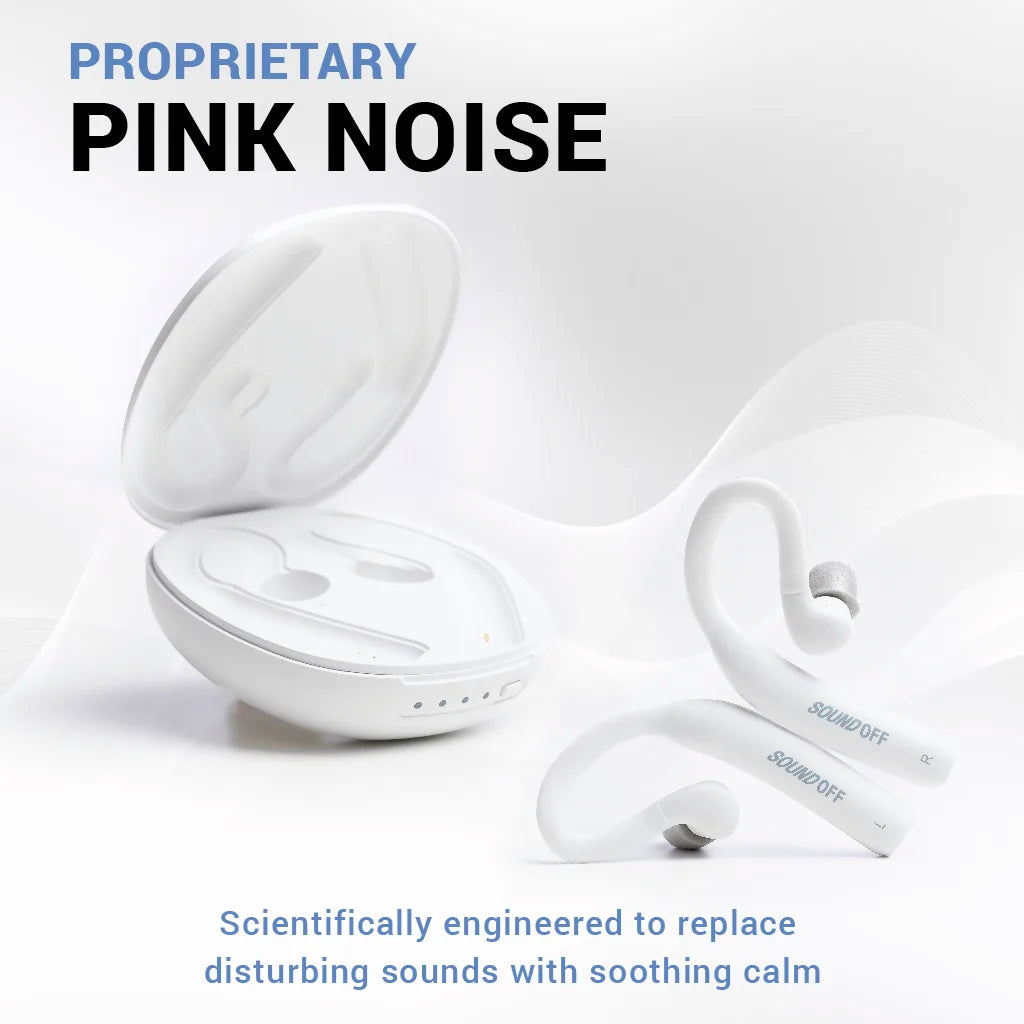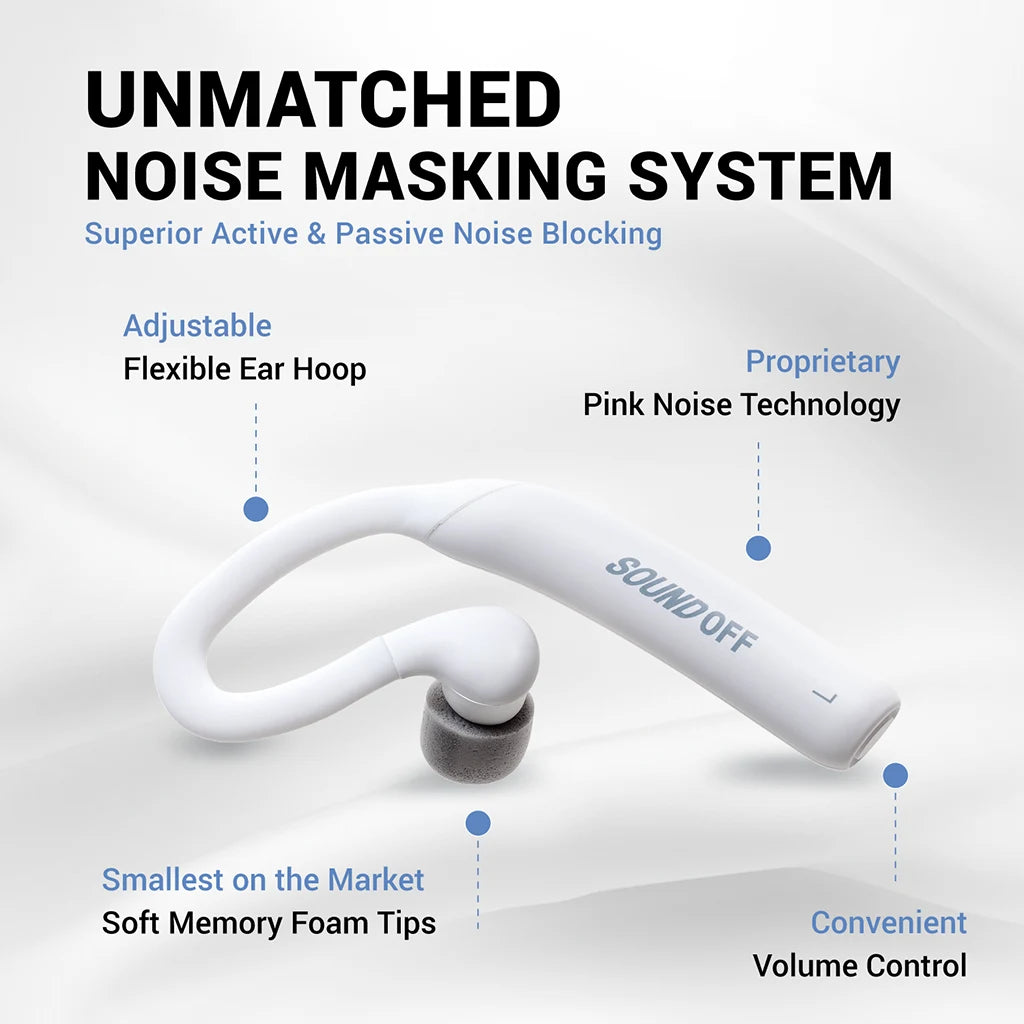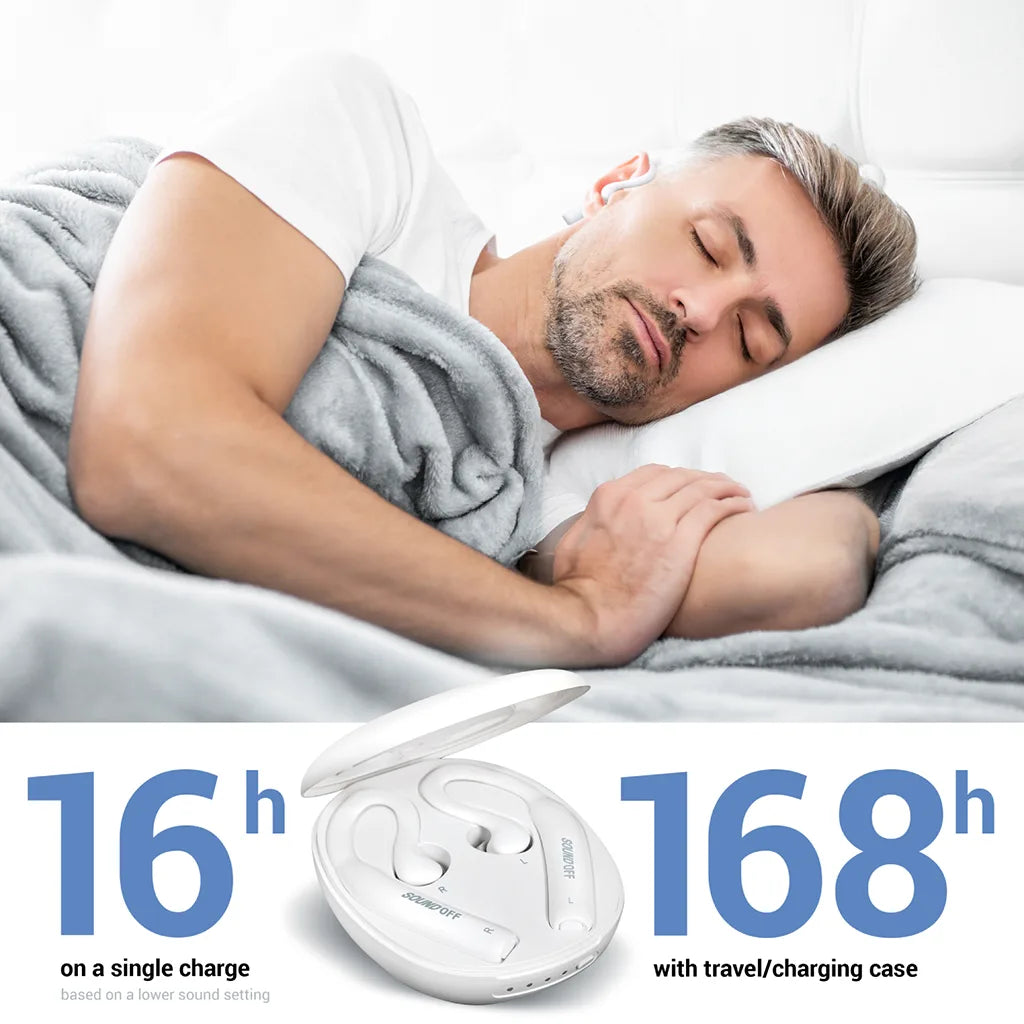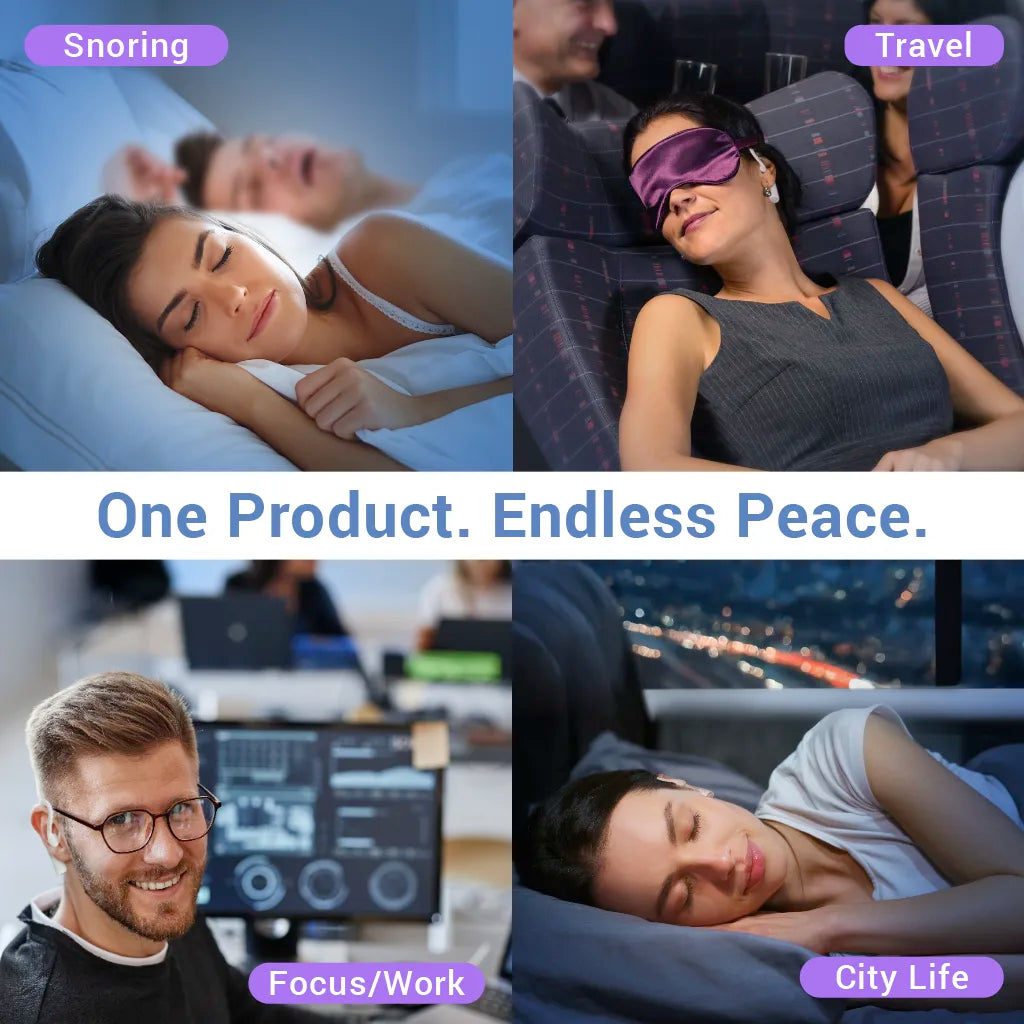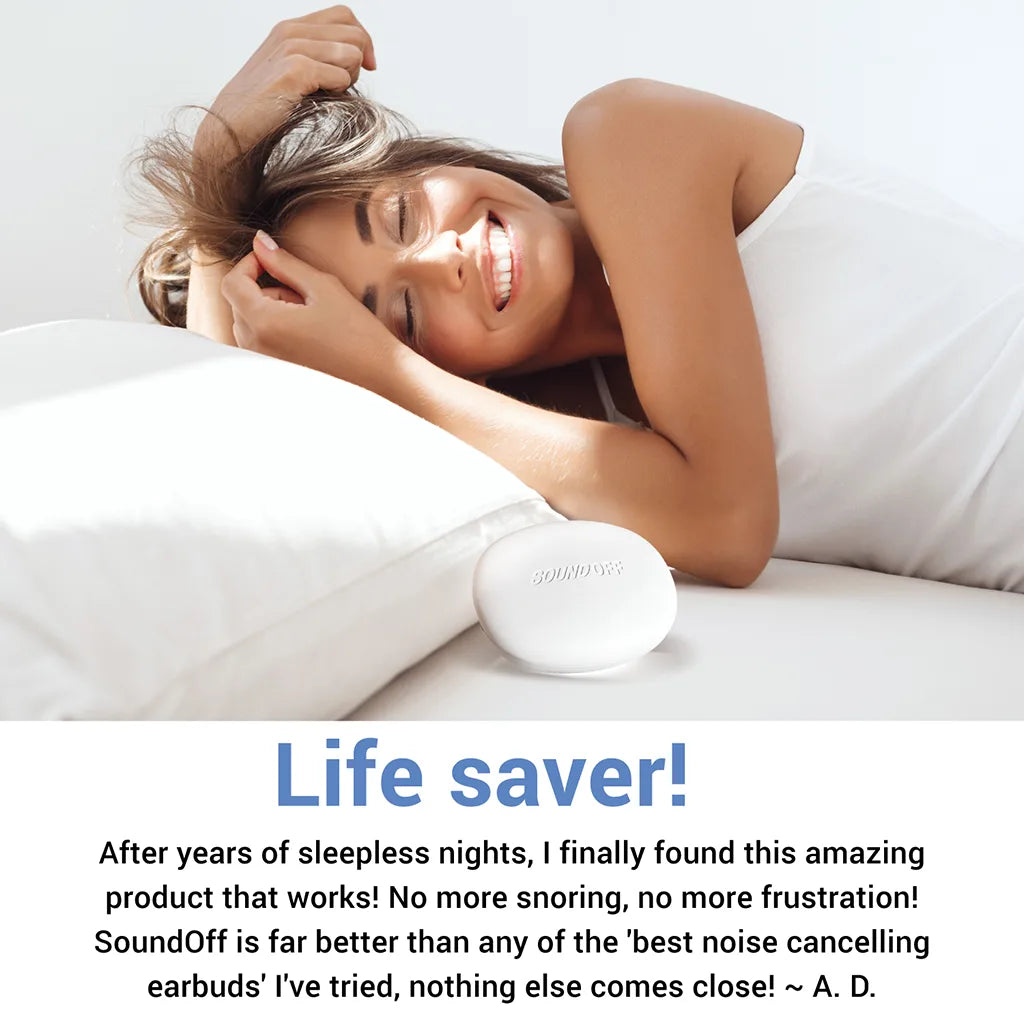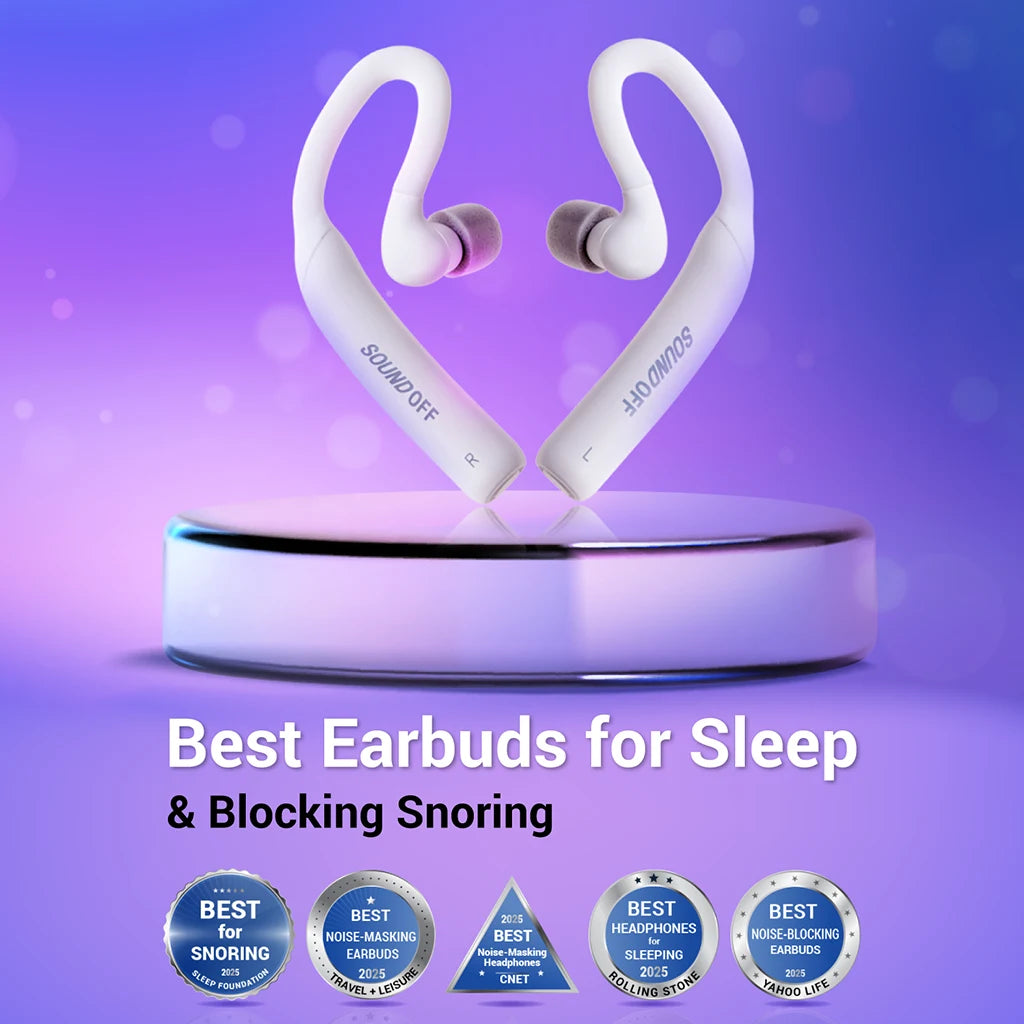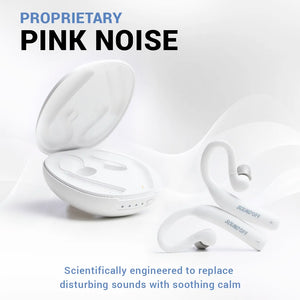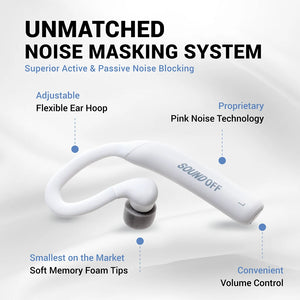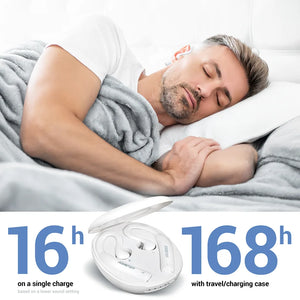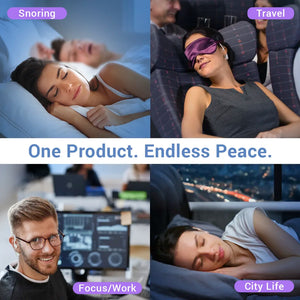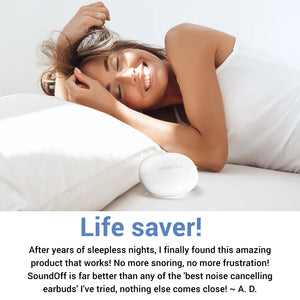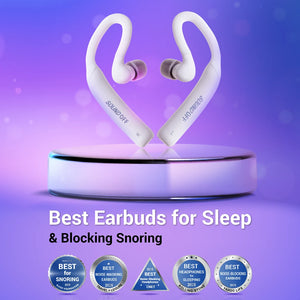Ever checked into a hotel, pulled the blackout curtains, snuggled under crisp white sheets—and fallen asleep faster than you do at home? You're not alone. Many people report getting their best night’s sleep away from their own bed. But why is that?
It may sound strange that we sleep better in unfamiliar places, especially since our brains are wired to stay alert in new environments (a phenomenon called the “first night effect”). Yet certain features of hotel rooms—and the habits we adopt while traveling—might be giving us the ultimate sleep upgrade. Let’s break it down.
1. Minimal Clutter = Mental Calm
Hotel rooms are clean, minimal, and free from the distractions and emotional baggage of home. There are no piles of laundry whispering your name, no half-finished projects on the nightstand. Just a bed, a lamp, maybe a chair—and peace.
This simplified environment helps quiet your mind. According to research in the Journal of Neuroscience, visual clutter competes for your brain’s attention, which can raise stress levels and delay sleep. When your space is serene, your brain feels safe enough to power down.
Try this at home: Declutter your bedroom. Remove work materials, unused electronics, and laundry baskets. Think “sleep sanctuary,” not storage unit.

2. Controlled Environment: Cool, Dark, and Quiet
Hotels are pros at optimizing sleep environments. They usually maintain cooler temperatures (ideal sleep is 60–67°F), provide blackout curtains, and have soundproofing that muffles outside noise.
Compare that to your bedroom, where streetlights, glowing chargers, or neighborhood dogs might disrupt your rest. A quiet, dark, cool environment helps your body lower its core temperature and signals your brain to produce melatonin.
Try this at home:
- Set your thermostat lower at night.
- Use blackout curtains or a sleep mask.
- Invest in white or pink noise to block out sounds.
3. The Ritual of Relaxation
When you’re in a hotel, you’re not folding laundry at 10 p.m. or doom-scrolling on the couch with the TV blaring. You’re likely taking a hot shower, dimming the lights, and reading or watching something light. In other words—you’re easing into sleep the way sleep scientists recommend.
Hotels create routines that feel indulgent but are actually just sleep hygiene done right.
Try this at home: Create a simple nighttime ritual that signals wind-down time. Lower lights, unplug, stretch, or read something non-stimulating. Avoid screens for 30–60 minutes before bed.

4. The Power of the "Fresh Start" Mindset
There’s a psychological phenomenon called the fresh start effect. When you’re in a new place (like a hotel), you subconsciously see it as a blank slate. You’re more likely to follow your ideal routines and less likely to default to bad habits.
Your mind isn’t weighed down by yesterday’s chaos. Instead, it leans into a "reset" mode—one that allows deeper rest.
Try this at home: Use cues (like clean sheets, a scented pillow spray, or new sleepwear) to signal a fresh start. Even small environmental changes can refresh your mindset.
5. Better Beds? Maybe… but It’s Not the Whole Story
Sure, hotel mattresses might feel comfier—but it’s rarely the only reason people sleep better. Sleep quality is much more influenced by your environment, pre-sleep routine, and mental state than the exact thread count of your sheets.
You may associate hotels with vacations or less responsibility, which creates a psychological association between those beds and relaxation. The bed just becomes part of a larger sleep-supportive experience.
6. When Hotel Sleep Isn’t Better: The Brain on High Alert
Interestingly, not everyone sleeps better in hotels. Some people experience the “first night effect,” where one half of the brain stays more alert in a new environment, acting like a biological security guard. This tends to fade after the first night but can affect sensitive sleepers.
Solution? Bring familiar items: your pillow, a travel blanket, or noise masking earbuds to trick your brain into feeling more “at home.”
What You Can Learn (and Steal) from Great Hotel Sleep
Hotel sleep shows us what’s possible when distractions are reduced, environments are optimized, and we prioritize rest. It’s not magic—it’s science plus a bit of intentionality.
You don’t need a 5-star suite to sleep like royalty. But a few changes to your bedroom and habits can make your nights more restful—and your mornings less groggy.
Final Thoughts: Trouble Sleeping at Home? It Might Be the Noise You’re Not Noticing
Even if your space is dark and comfy, tiny background noises—like a humming fridge, traffic, or a snoring partner—can stop your brain from fully relaxing. These interruptions can prevent you from entering the deep stages of sleep your body craves.
That’s where SoundOff Sleep earbuds come in. Using a gentle, proprietary pink noise, they mask disturbing sounds so your brain doesn’t stay on high alert. It’s like giving your brain permission to finally rest.
Because whether you’re in a hotel or your own bedroom—everyone deserves their best sleep.

